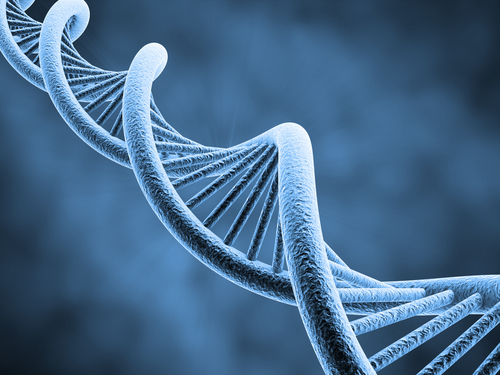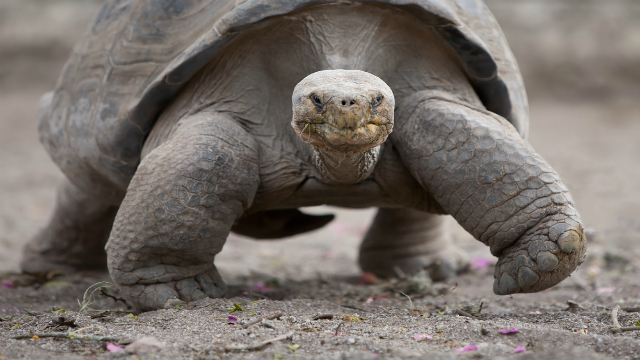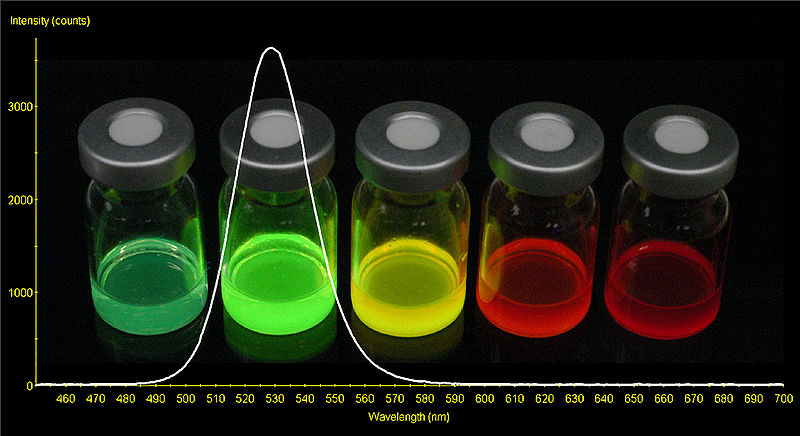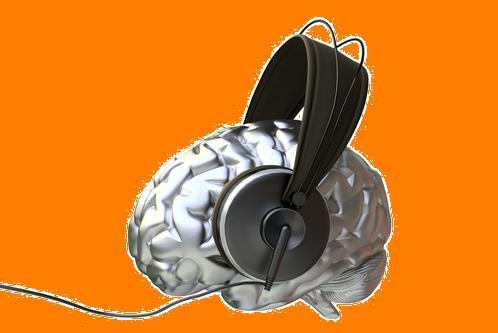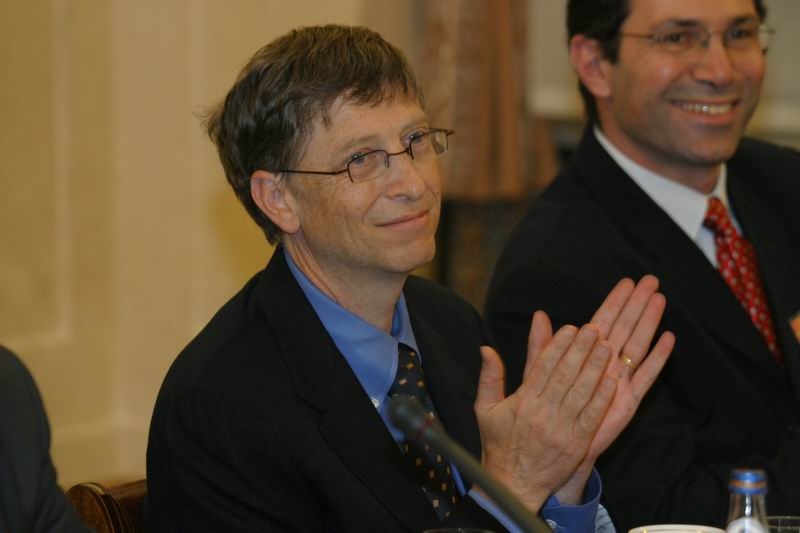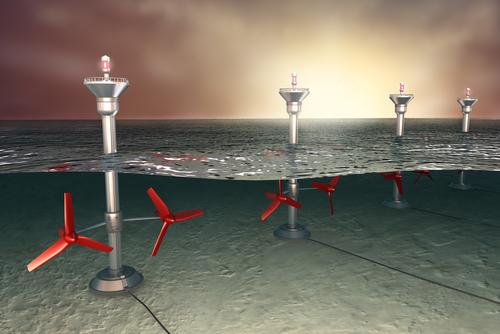Surprising Science
All Stories
There is no question that in many cases, we are cancer phobic, more afraid of the disease than the medical evidence says we need to be, and that fear alone can be bad for our health.
ABA, a time-intensive autism treatment called applied behavior analysis, has wide support and is now a profitable business. But the jury is still out on its effectiveness.
Christopher Hitchens and Steve Jobs were among the first patients to benefit from very new technology using DNA sequencing to pick the cancer drugs likely to be most effective.
Telling people how much exercise they’d need to do to burn up the calories in junk food is a much more effective deterrent than telling them the calorie count, researchers have found.
A new camera developed at MIT can snap a shot every 0.6 trillionth of a second. That’s fast enough to catch a laser pulse moving through a glass bottle or bouncing off a tomato.
Instead of landing a craft on a comet, scientists want to study space rocks by firing a harpoon at them. The harpoon’s tip will collect rock samples and return them to Earth for study.
So you want to live forever? Double-check your motives, says ethicist Paul Root Wolpe.
Researchers at Carnegie Mellon University have discovered that a steady diet of cold, fast food is what caused the rapid growth of early supermassive black holes at the dawn of the universe.
The world’s top physicists announced yesterday that while no direct evidence has been found, hints of the particle’s existence are detectible at no greater than 127 giga–electron volts.
The first QD televisions–like current flat-screen TVs, but with better color and ultra-thin displays–will be available in shops by the end of next year. And later, the roll-up version.
The intriguing case of China’s success in obtaining the secret design of the American W-88 nuclear warhead illustrates the expertise of its espionage service—one that rivals the C.I.A..
While classical music probably won’t help you pass an exam, music stimulates the brain in other ways. From boosting your immune system to making exercise easier, tunes can help.
Could we one day learn to play the piano, reduce mental stress or hit a curve ball with little or no conscious effort? Japanese and American scientists have begun teaching the brain directly.
As shocking as it sounds, eugenics was a practice made popular by an American social engineering movement in the 1920s and 30s. Today, the victims of the program want redress.
By better understanding how social media influence people’s decisions, health researchers are hoping to target ‘top influencers’ who can encourage their friends to live healthier lives.
While MIT researchers were thinking up inexpensive solutions to a flu pandemic, they came upon ideas that apply equally to the seasonal flu. Stop your life from being interrupted this winter.
Though medical evaluations are supposedly based on objective measurements, cultural plays a role in what we consider normal behavior, and thus what become normal medical readings.
When Bill Gates took on the mission of reducing preventable deaths through vaccine use, he was ready to use the power of his personal fortune, but there was nobody to write a check to.
At Europe’s Large Hadron Collider, a December 13 press conference will update the world on the search for the long-sought Higgs boson. Encouraging evidence is expected to be announced.
Amid widely-publicized corporate scandals, global environmental threats, and powerful advances in biotechnology, says ethicist Paul Root Wolpe, big companies find themselves tromping through an ethical minefield, and desperately in need of guidance.
The 2012 TED Prize has been awarded not to a person, but to an idea: The City 2.0. With half of the planet already living in urban centers, few issues could be important in the future.
While efforts to harness the sea for electricity generation are still in their infancy, the promise of predictable, reliable and clean energy is encouraging increasing investment around the globe.
A growing number of people are making their own fuel using cooking oil which restaurants, for now, are happy to give away. Is this a sustainable plan or just a crowd of eccentrics?
Thanks to the serendipitous placing of NASA space satellites, scientists have confirmed that the tsunami which struck Japan in March was doubly powerful because of a rare phenomenon.
Not only is China the country moving fastest to deploy the new internet protocol, IPv6, it is converting itself into the leader in developing advanced computing centers.
One of the world’s most wired countries, South Korea, illustrates the downside of high speed internet and real name verification–an epidemic of hacking, data theft and botnets.
Scientists are beginning to understand more fully how exercise improves cognitive function. They believe a protein known as brain-derived neurotrophic factor is released when we work out.
Hallucinogens are increasingly being studied for legitimate therapeutic uses, such as dealing with post-traumatic stress disorder, addiction, chronic pain, depression even terminal illness.
Between the ages of five and eight month, infants develop surprisingly complex moral attitudes, considering the context of an action when determining whether it is right or wrong.
Ordinary people are taking control of their health data, making their DNA public and running their own experiments. Their big question: Why should science be limited to professionals?


